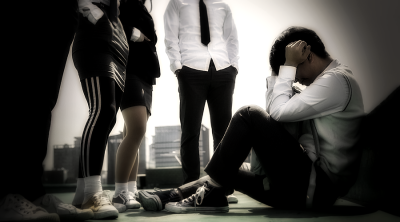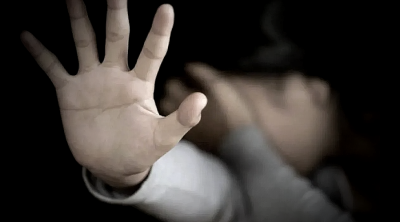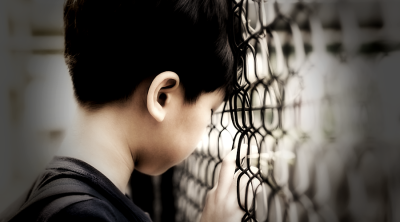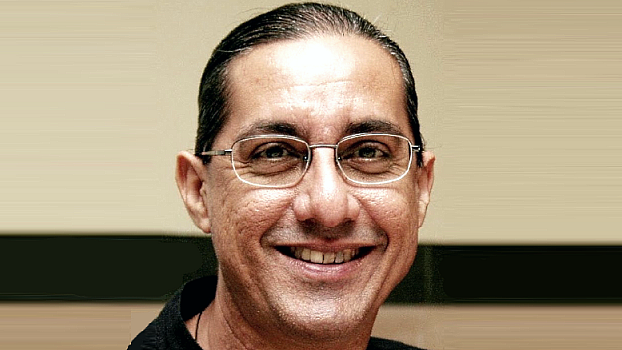
The recent deaths of young children left in cars and then dying due to thermal injury is of concern.
Twenty to thirty minutes in full sun in a closed vehicle is all that is needed to kill a young child.
This is not just a Malaysian problem but a worldwide worry. For example, in the US more than 1,000 children have died in “hot vehicles” and another 7,000 plus survived with varying injuries since 1990. It has been dubbed the “forgotten baby syndrome.”
We are writing not to apportion blame, as we recognize that this could happen to any parent or caregiver.
This is not a neglect issue but one of the busyness of modern life taxing our memory.
Our hearts go out to the bereaved parents and we hope they receive the support and understanding needed at such a tragic time of loss.
We cannot begin to understand the anguish that these parents are experiencing with the death of their precious children.
We must appreciate the mechanism of this tragedy. It is usually a young child, under six years of age, who has fallen asleep in the back of the car.
The parent or carer experiences a “break in routine” resulting in a loss of habit, e.g., a different parent sending the child to kindergarten or receiving a call for an urgent meeting.
The key factor is a distracted parent, one who has too much on his mind and is rushing to complete many tasks on a busy day. We have all been there many times.
Remember that data supports that the safest place for your child is in the backseat, in a car restrain (car seat). Hence, putting them in the front seat is not a good option.
Most evidence and international expert guidelines recommend that young children under five years should be placed in a car safety seat in the back, preferably in the center back seat.
In many developed countries, it is illegal to put a child in the front passenger seat as the passenger airbag poses a danger in case of an accident.
We need to work together to reduce these tragic child deaths. What we will need is for all of us to develop good habits (disciplines) when transporting children in vehicles, as well as counter-checking mechanisms and reminders, plus support from society.
We need to develop firm and consistent habits to prevent this from happening to our children.
Do not assume it will not happen to your child.
1. Keep an important item in the back seat with your child, an item that you cannot do without at a meeting, work or shopping. For example, keep your purse or your handphone or shoes on the floorboard of the back seat. This will serve to remind you as you leave the car.
2. Keep an object in the front seat to remind you of your child, like a stuffed animal. Swap the child and the object when you place the child in the back seat and vice versa when you take your child out of the vehicle.
3. Remind your child care provider or kindergarten teacher to call you if your child does not turn up at the correct time. This can serve as a back-up safety net.
4. As public, it is our vital duty to stop whenever we see any child left alone in a car. Find out why and call the police if you cannot immediately find the parents. Don’t wait more than a few minutes for the driver to return before taking action. Never hesitate to rescue a child trapped in a car; break a window if necessary.
5. There are technologies being developed to support parents and we should keep abreast of them–car seats with built-in sensors/alarms, apps with alerts/reminders and GPS trackers/distance alerts for our children. We need to push for these to become routine in all cars sold in Malaysia. Note that Waze has in-built remindersto support parents transporting children.
We ask that parents be extra vigilant when there is a change in their routine or if someone else is driving their child (another parent or carer).
Always check to make sure that your child has arrived safely at the destination.
We ask that all child care providers–child minders, nurseries, TASKA and kindergartens staff–be trained to routinely call parents if their child is more than ten minutes late arriving at the center. These are no unnecessary calls, only life-saving ones.
We ask that the government work with civil society to install stickers on all cars and vehicles that carry children. These should be on the dashboard/front seat and state “look before you lock” or “check for your child before you leave.”
We ask that the government work with all automobile companies to introduce legislation to help prevent child car deaths.
This would require that all new vehicles be equipped with systems (audio and visual reminders) to alert drivers to check rear seats for children when the engine is switched off.
We should also explore if rear-seat detection or reminder units could be mandated and routinely installed in all existing vehicles.
Car manufacturers should not wait for legislation but install them immediately.
Every death of a child in a car is one death too many.
We can work together to prevent this.
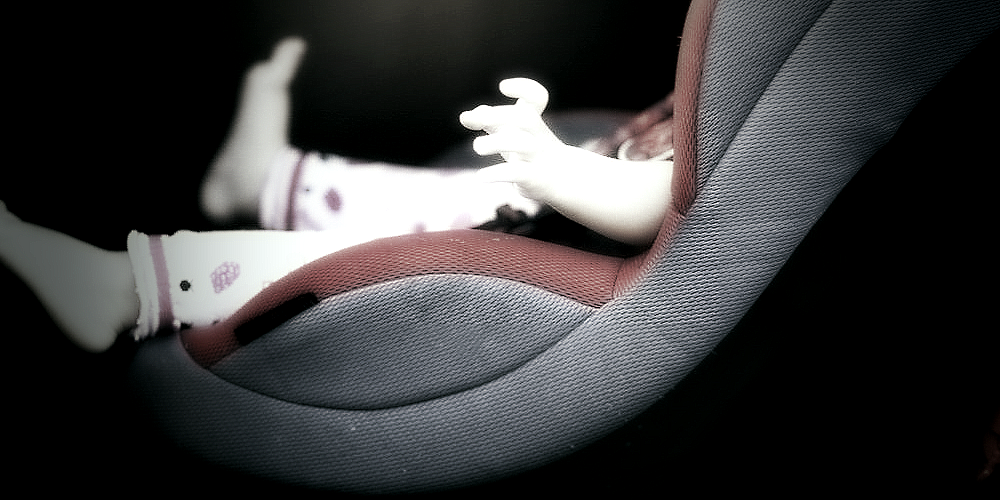
ADVERTISEMENT
ADVERTISEMENT







